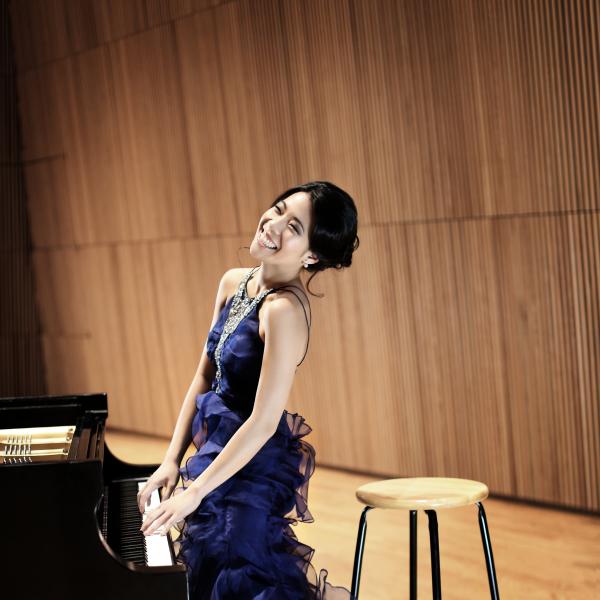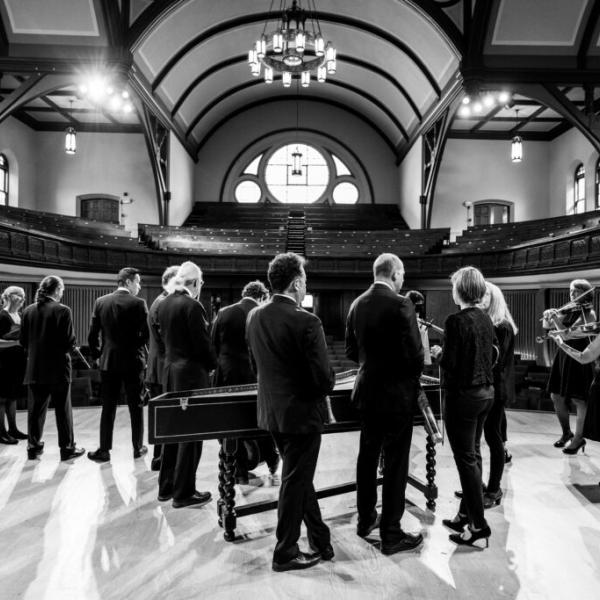Dolores Pesce's book, Liszt's Final Decade, has been selected as the 2017 Alan Walker Triennial Book Award winner by a jury from the The American Liszt Society.
ABOUT THE AWARD:
The Alan Walker Book Award is named in honor of Alan Walker, professor emeritus at McMaster University. Walker is a well-known Liszt scholar, author of the monumental three-volume biography on the Hungarian-born composer (Knopf and Cornell University Press, 1983-1997). The prize is awarded for a new book in English, a translation into English, or a substantially revised new edition of a book in English that contributes to Liszt scholarship. Topics include the life and music of Franz Liszt, the life and music of a pupil of Liszt, or other Liszt-related research.
ABOUT THE BOOK:
Toward the end of his life Franz Liszt maintained extensive correspondence with two women who were at the time his closest confidantes, Carolyne von Sayn-Wittgenstein and Olga von Meyendorff. Liszt wrote to them regularly, expressing his intimate feelings about personal and career events and his conflicted self-image as a celebrated performer but underappreciated composer. Absent a diary, the letters offer the most direct avenue into Liszt's psyche in his final years.
Liszt's Final Decade explores through these letters the mind and music of one of the nineteenth century's most popular musicians, providing insight into Liszt's melancholia in his last years and his struggle to gain recognition for his music yet avoid criticism. The exchange indicates that Liszt ultimately resolved his inner conflict through a personally constructed Christian moral philosophy that embraced positive resignation to suffering, compassionate love, and trust in a just reward to come. The book also examines how Liszt's late sacred compositions affirm the yielding of suffering to joy and hope. Significantly, Liszt viewed these works, commonly overlooked today, as a major part of his compositional legacy. This volume thus challenges the idea of a single "late" Lisztian style and the notion that despair overwhelmed the composer in his final years.



